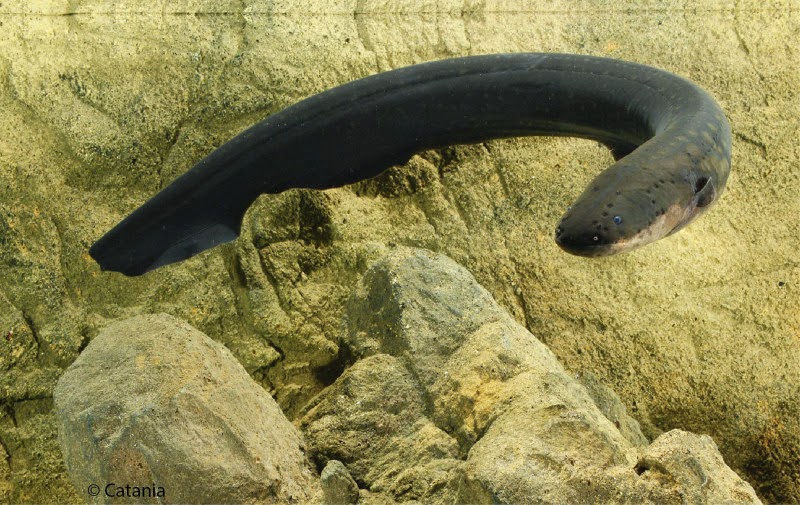Home »
APOPTOSIS
,
CANCER
,
CELL DEATH
,
DNA Repair
,
HEALTH
,
HUNTINGTON'S DISEASES
,
LUNG CANCER
,
LYMPHOMA
,
MIND & BRAIN
,
MULTIPLE MYELOMA
,
MULTIPLE SCLEROSIS
,
PROTEINS
,
SCHIZOPHRENIA
,
STEM cells
» Scientists discover new way protein degradation is regulated
Scientists discover new way protein degradation is regulated
By Unknown

Proteins, unlike diamonds, aren't forever. And when they wear out, they need to be degraded in the cell back into amino acids, where they will be recycled into new proteins. Researchers at Rockefeller University and the Howard Hughes Medical Institute have identified a new way that the cell's protein recycler, the proteasome, takes care of unwanted and potentially toxic proteins, a finding that has implications for treating muscle wasting, neurodegeneration and cancer.
The consensus among scientists has been that the proteasome is constantly active, chewing up proteins that have exceeded their shelf life. A mounting body of evidence now suggests that the proteasome is dynamically regulated, ramping up its activity when the cell is challenged with especially heavy protein turnover. The researchers, postdoctoral associate Park F. Cho-Park and Hermann Steller, head of the Strang Laboratory of Apoptosis and Cancer Biology at Rockefeller, have shown that an enzyme called tankyrase regulates the proteasome's activity. In addition, Cho-Park and Steller demonstrate that a small molecule called XAV939, originally identified by scientists at Novartis who developed it as therapeutic for colon cancer, inhibits tankyrase and blocks the proteasome's activity. The research is reported in today's issue of the journal Cell.
"Our findings have tremendous implications for the clinic since it gives a new meaning to an existing class of small-molecule compound," says Steller, Strang Professor at Rockefeller and an investigator at HHMI. "In particular, our work suggests that tankyrase inhibitors may be clinically useful for treating multiple myeloma."
Tankyrase was originally identified in the late 1990s by Rockefeller's Titia de Lange and her colleagues in the Laboratory for Cell Biology and Genetics, who showed that it plays a role in elongating telomeres, structures that cap and protect the ends of chromosomes. In a series of experiments in fly and human cells, Cho-Park and Steller discovered that tankyrase uses a process called ADP-ribosylation to modify PI31, a key factor that regulates the activity and assembly of proteasome subunits into the active complex called 26S. By promoting the assembly of more 26S particles, cells under stress can boost their ability to break down and dispose of unwanted proteins.
The proteasome is currently a target for developing cancer therapeutics. The FDA has approved Velcade, a proteasome inhibitor, for the treatment of multiple myeloma and mantle cell lymphoma. However, patients on Velcade can experience peripheral neuropathy or become resistant to the drug.
Multiple myeloma cells need increased proteasome activity to survive. Preliminary data from Cho-Park and Steller show that XAV939 can block the growth of multiple myeloma cells by inhibiting the assembly of additional proteasomes without affecting the basal level of proteasomes in the cell. This selective targeting may mean fewer side effects for patients.
"Drugs, such as XAV939, that inhibit the proteasome through other mechanisms than Velcade may have significant clinical value," says Steller.
The findings by Cho-Park and Steller also link, for the first time, metabolism and regulation of the proteasome. Sometimes the proteasome digests too much protein, which can lead to loss of muscle, says Steller.
"This discovery reveals fundamental insights into protein degradation, a process important for normal cell biology, and a key factor in disorders such as muscle wasting and neurodegeneration," said Stefan Maas of the National Institutes of Health's National Institute of General Medical Sciences, which partly supported the study. "Intriguingly, the findings also enlighten ongoing research on cancer therapies, exemplifying the impact of basic research on drug development."
Source: Rockefeller University
Posted Server or Office Location At :
Koduru, Andhra Pradesh 516101, India
Environment Now
Technology+Physics
Health + Medicine
Plants + Animals
SPACE + TIME
Science + Society




































